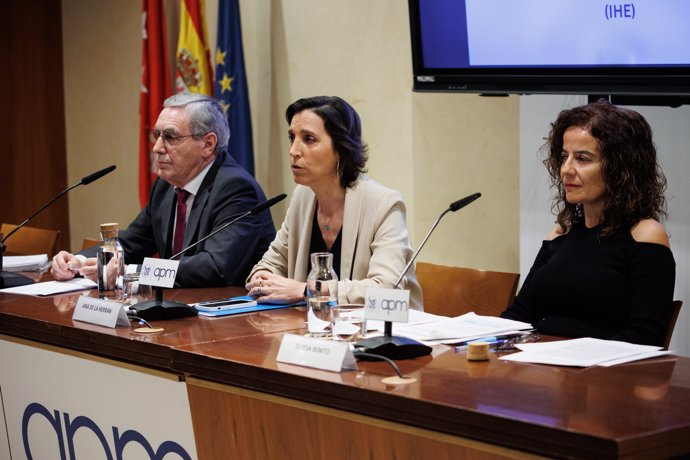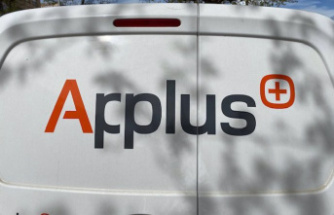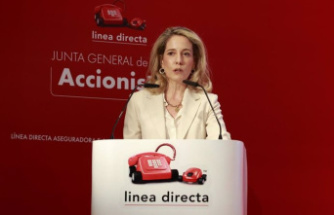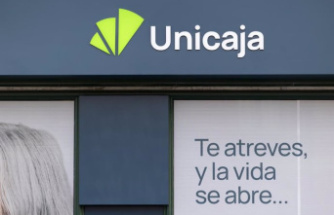They point out that transferring taxes as Companies would imply differences in management, which may imply relocations of companies
MADRID, 25 Mar. (EUROPA PRESS) -
The Association of State Treasury Inspectors (IHE) has warned that the proposal for unique financing for Catalonia - which would imply the transfer of 100% of taxes - would mean the "breakup" of the Tax Agency, the increase in tax fraud and the deterioration of citizen services.
"This fiscal independence for Catalonia is unconstitutional," warned the president of the Association of Tax Inspectors, Ana de la Herrán, during a press conference this Monday to warn about the consequences of the alleged tax sovereignty in this community.
Last week, the Catalan Government proposed a unique financing proposal for Catalonia that includes the Generalitat collecting 100% of the taxes paid in the autonomous community, with an interterritorial solidarity mechanism.
As warned by the association of inspectors, the fiscal independence of Catalonia would mean the disappearance of the Tax Agency of that territory, with the consequence of its division and the beginning of a path of "irreversible" transformation that would have serious consequences in the application of taxes and in the fight against tax fraud.
The Treasury inspectors have explained that this alleged fiscal independence is not contemplated either in the Constitution or in the Statute of Autonomy of Catalonia itself, nor in the Organic Law of Financing of the Autonomous Communities (LOFCA). Therefore, this proposal violates the principles of equality in the provision of minimum essential services and solidarity.
The plan proposed by the Catalan Government involves having full regulatory capacity in taxes and tax procedures, transferring the management and collection of taxes generated in Catalonia and having all tax resources available.
The inspectors have explained that there are taxes, such as VAT, in which their nature makes decentralized management impossible. "What's more, international trends in this tax increasingly advocate management in a single member country and the distribution of revenue among the States," the association highlights.
Other taxes are considered "very difficult to combine", such as those that fall on foreign trade, the non-resident income tax and the Corporate Tax. The first two are closely related to the foreign activity of the State and regulated by non-state regulations, while in the case of Corporate Tax, differences in management can easily imply relocations.
Thus, the inspectors have insisted that any difference in the management of taxes such as Corporation, VAT or Special Manufacturing Tax, including the actions of the Inspection, would represent an obstacle to the free circulation of goods and an "incentive for production situations of company relocation".
According to the inspectors, the transfer of the inspection of taxes paid in Catalonia would pose many problems, especially for taxpayers with a medium or large size, to the extent that they carry out operations throughout the Spanish territory, or even internationally.
The problem worsens when control refers to multinational companies, since the exploitation of information and control actions must be carried out on a national basis. There are currently 124 multinationals in Spain that have a turnover of more than 750 million euros annually, which have 14,700 subsidiaries, of which 9,800 are foreign.
On the other hand, in the event of transfer of taxes to Catalonia, relevant actions carried out by the Collection Department would be harmed, such as those related to judicial actions, which affect the entire national territory.
The consequence of all this is that it would be very difficult to follow the path of "the brilliant results obtained by the Tax Agency" in recent years, which alone in the control actions of internal taxes have amounted to more than 15,000 million euros annually. .
The State would lose the collection of the amount corresponding to the control actions carried out in Catalonia, which the inspectors estimate at around 3,000 million - 20% of the national total -.
And the Tax Agency's workforce would also be affected, which amounts to some 25,909 people, of which around 5,000 provide their services in Catalonia.
Taking into account that in the next five years a quarter of the Agency's staff - another 5,000 or 6,000 officials - will retire, the Tax Agency "would really find it difficult to achieve the objectives and effectiveness it is achieving." currently," said the member of the Association of Inspectors, José María Peláez.
"Our colleagues who are in Catalonia have conveyed to us their concern and nervousness, because they know nothing. They know nothing about what would happen to them, to their lives," they have conveyed from the Association of Inspectors.













